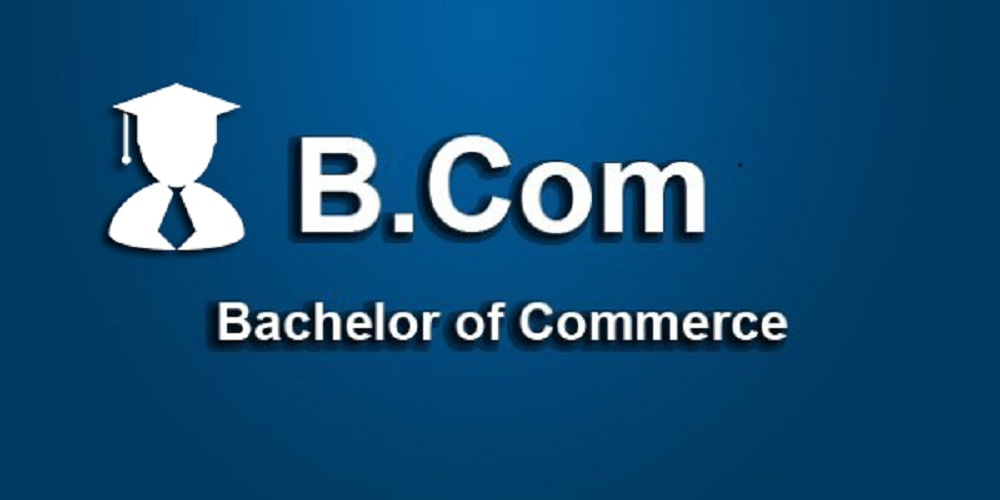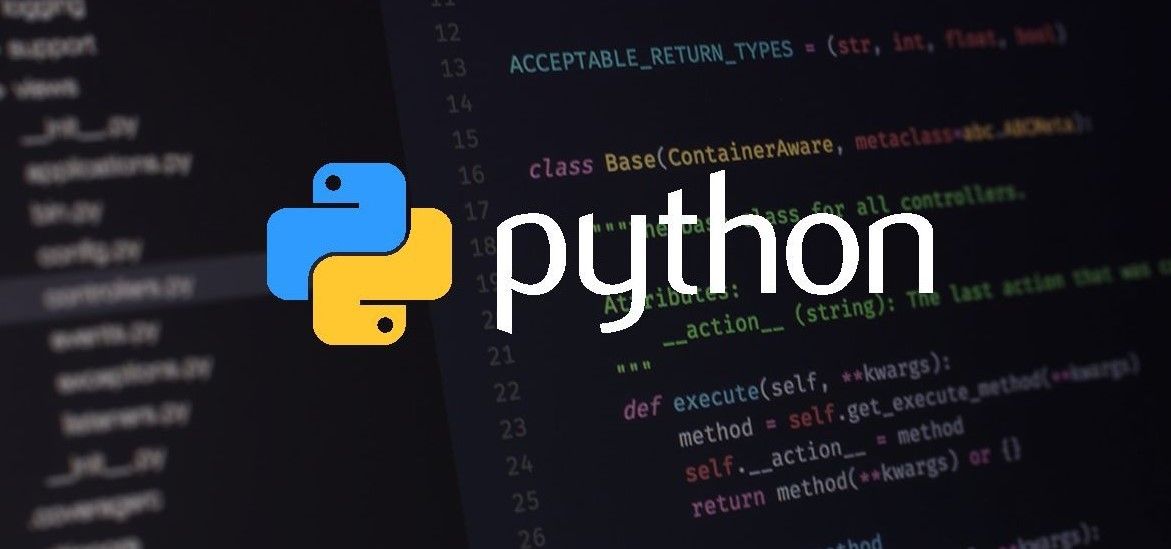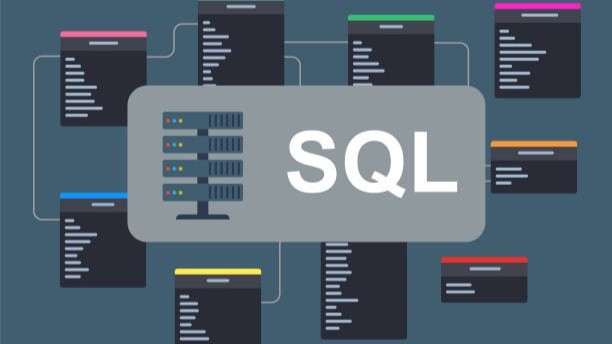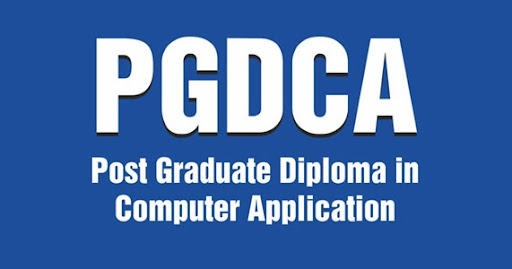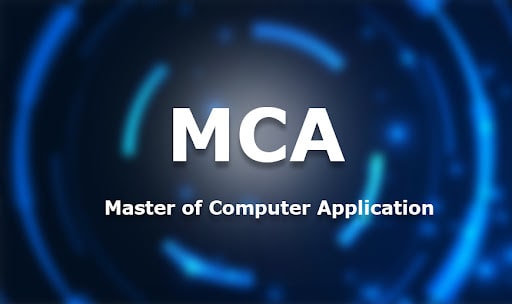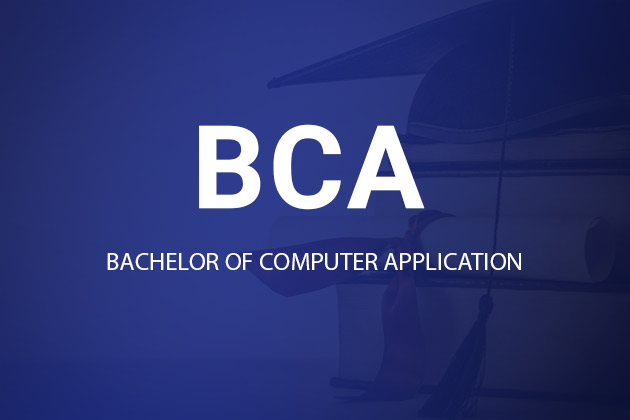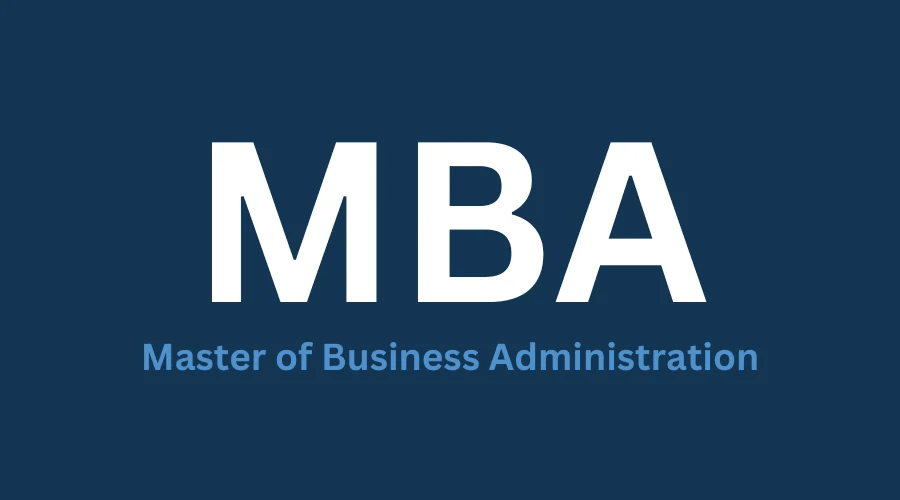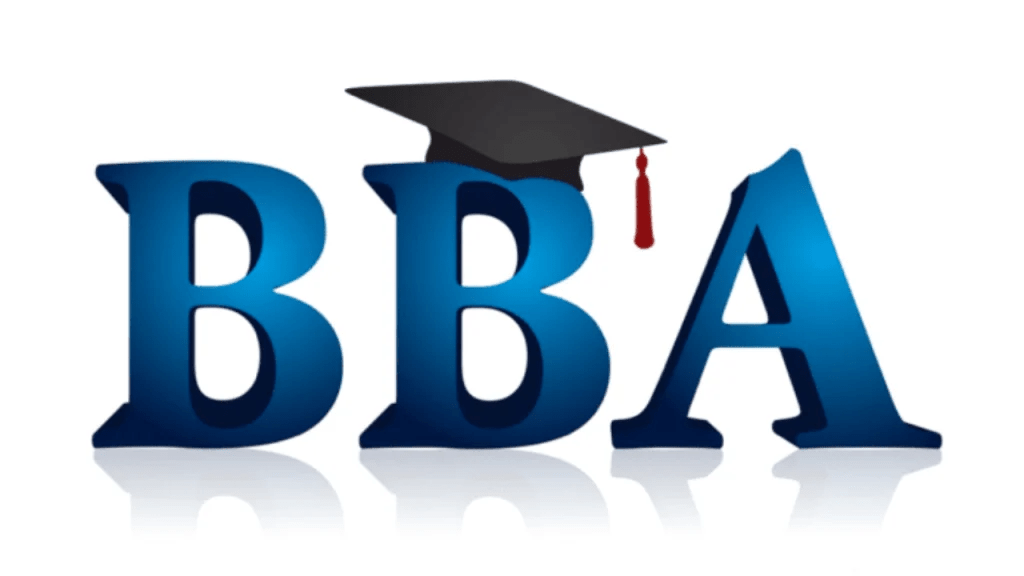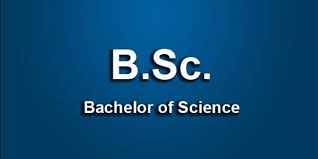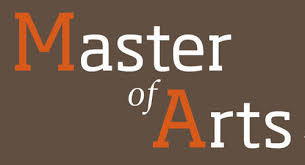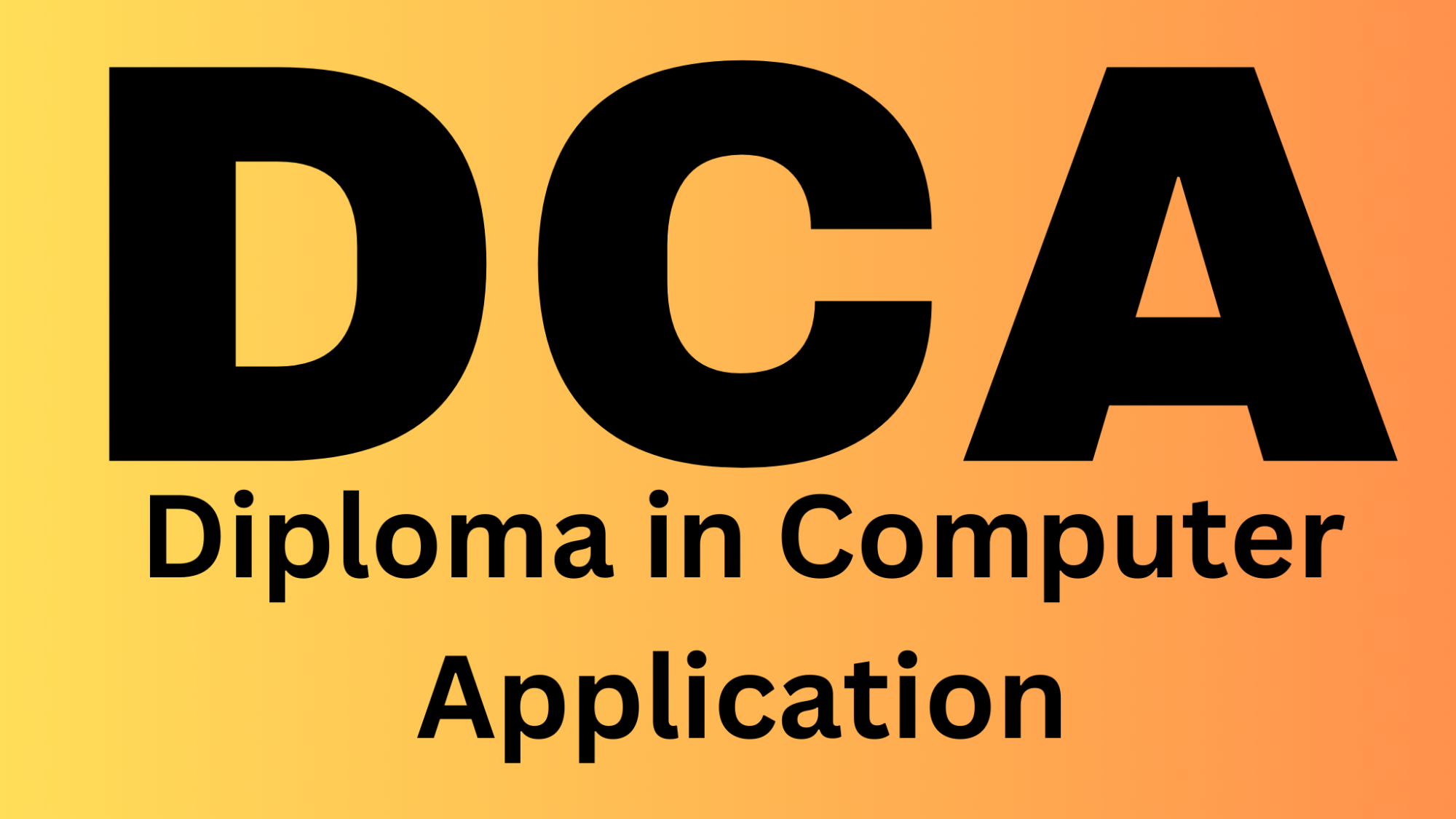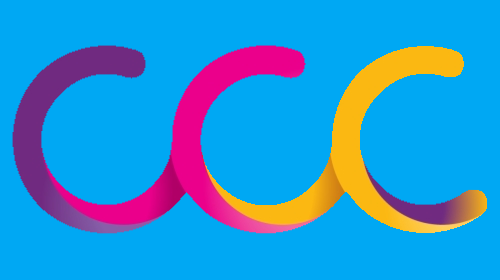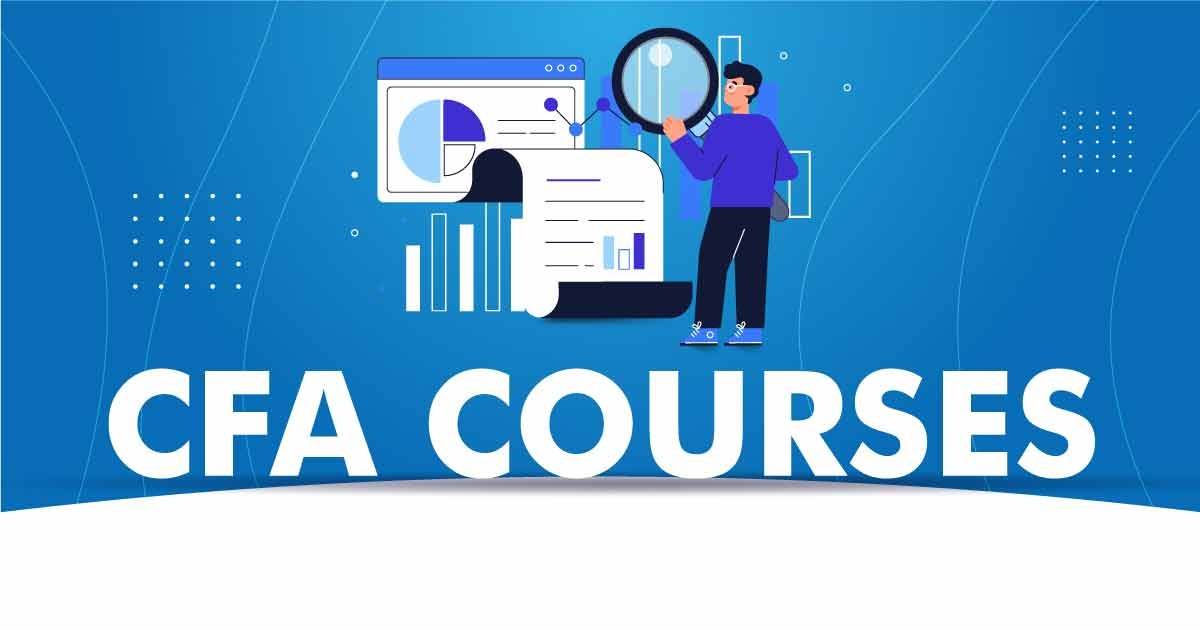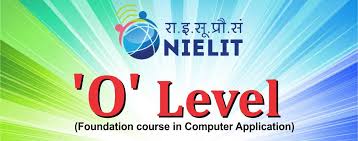COURSE DETAILS
Bachelor of Commerce (B.Com)
Course Overview
About Bachelor of Commerce (B.Com.)
The Bachelor of Commerce (B.Com.) is a three-year undergraduate degree program designed for students interested in pursuing a career in commerce, finance, business, and management. It provides students with a comprehensive understanding of accounting principles, business laws, economics, taxation, insurance, and management practices.
B.Com. is one of the most popular courses after 10+2, especially for students from the commerce stream, but it is also open to students from other streams. The program prepares graduates to enter the corporate sector, start their own ventures, or pursue professional courses like CA (Chartered Accountancy), CS (Company Secretary), CMA (Cost & Management Accountancy), CFA (Chartered Financial Analyst), or MBA (Master of Business Administration).
Duration & Structure
Duration: 3 Years (6 Semesters)
Mode: Full-time / Part-time / Distance / Online (varies by institution)
Learning Components:
Core Subjects (Accounting, Economics, Business Studies, Taxation)
Elective Courses (specialization-based)
Practical training, projects, and case studies
Internships & Industry Exposure
Eligibility
Completion of 10+2 or equivalent from a recognized board
Commerce or Mathematics background preferred (but not always mandatory)
Admission may be based on merit or entrance exams, depending on the university
Specializations in B.Com.
Many universities offer specialized B.Com. programs such as:
B.Com. (General) – Broad focus on commerce subjects
B.Com. in Accounting & Finance – Special focus on financial management and accounting
B.Com. in Banking & Insurance – Career-oriented for financial services industry
B.Com. in Computer Applications (B.Com. CA) – Combination of commerce with IT skills
B.Com. in Economics – Strong emphasis on economics and analytical skills
B.Com. (Honours) – Advanced curriculum with research and specialization
Subjects & Curriculum
A typical B.Com. curriculum includes:
Core Subjects: Financial Accounting, Corporate Law, Business Economics, Taxation, Cost Accounting, Auditing, Management Principles
Allied Subjects: Statistics, Mathematics, Business Communication, Marketing, HRM
Practical Training: Internships, projects, workshops, and industry visits
Career Opportunities
B.Com. graduates have a wide range of career paths, including:
Accounting & Auditing → Accountant, Auditor, Tax Consultant
Finance & Banking → Investment Banker, Financial Analyst, Risk Manager, Banker
Business & Management → Business Analyst, HR Executive, Operations Manager
Entrepreneurship → Startups, Business Consulting, Family Business Management
Government & Public Sector → Civil Services, PSU jobs, Competitive Exams
Higher Studies After B.Com.
Many students continue their education after B.Com. with options like:
M.Com. (Master of Commerce)
MBA / PGDM (specialization in Finance, Marketing, HR, International Business)
CA, CS, CMA, CFA (professional certifications)
LLB (for careers in corporate law and taxation law)
Why Choose B.Com.?
Provides strong business and financial knowledge
Offers multiple career options across industries
Acts as a gateway for higher studies and professional courses
Builds practical, analytical, and managerial skills
High demand in banking, corporate, government, and entrepreneurial sectors
